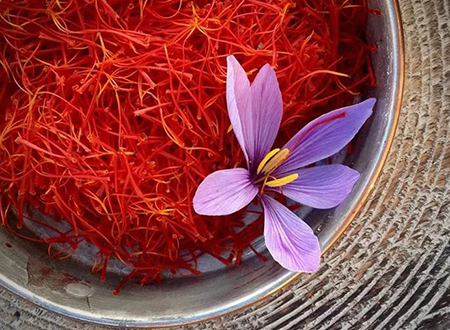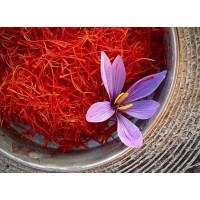Saffron extract VS valerian extract, which one is more effective in improving sleep?
While saffron extract may modulate neurotransmitters associated with mood and sleep regulation, valerian extract appears to exert sedative effects by enhancing GABA activity.
Saffron extract VS Valerian extract: A Comparative Analysis of Effectiveness in Improving Sleep
Sleep is an essential component of overall health and well-being, yet many individuals struggle with insomnia and other sleep-related issues. As a result, there is a growing interest in natural remedies to improve sleep quality, with saffron extract and valerian extract emerging as popular options. In this article, we will compare the effectiveness of saffron extract and valerian extract in improving sleep, considering their respective properties and scientific evidence.
Saffron extract, derived from the stigma of the Crocus sativus flower, has been traditionally used in various cultures for its medicinal properties, including its potential to enhance mood and alleviate sleep disturbances. The active compounds in saffron, such as crocin and safranal, are believed to modulate neurotransmitters in the brain, which may contribute to its sleep-promoting effects. Several studies have indicated that c may improve sleep quality and reduce insomnia symptoms, making it a promising natural remedy for individuals with sleep disorders.
On the other hand, valerian extract is derived from the root of the Valeriana officinalis plant and has been historically utilized as a sedative and anxiolytic agent. Valerenic acid and valerenol are the key compounds in valerian extract that are thought to exert sedative effects by enhancing the activity of GABA, a neurotransmitter with calming properties. Numerous clinical trials have demonstrated the potential of valerian extract in improving sleep latency and overall sleep quality, suggesting its efficacy in promoting relaxation and facilitating the onset of sleep.

When comparing the effectiveness of saffron extract and valerian extract in improving sleep, it is important to consider the available scientific evidence. While both natural remedies have shown promise in enhancing sleep parameters, the specific mechanisms of action and optimal dosages may differ. Additionally, individual variations in response to these extracts should be taken into account, as genetic and physiological factors can influence their efficacy.
Furthermore, it is essential to highlight that the safety profiles of saffron ethanol extract and valerian extract should be thoroughly evaluated. Although they are generally considered safe for short-term use, potential side effects and interactions with medications need to be assessed. Consulting with a healthcare professional before incorporating these extracts into a sleep regimen is advisable, especially for individuals with underlying medical conditions or those taking medications.
In conclusion, both saffron extract and valerian extract offer potential benefits for improving sleep quality, albeit through distinct mechanisms of action. While saffron extract may modulate neurotransmitters associated with mood and sleep regulation, valerian extract appears to exert sedative effects by enhancing GABA activity. As such, the choice between these natural remedies should be based on individual preferences, tolerance, and consultation with a healthcare provider. Further research is warranted to elucidate the comparative effectiveness of saffron extract and valerian extract in improving sleep and to establish optimal usage guidelines for addressing sleep disturbances.














